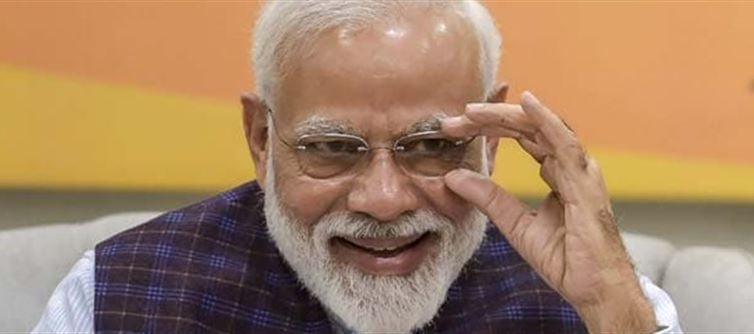
Critics argue that the perception of selective justice under the current administration is growing stronger. Accusations that the bjp has managed to consolidate its influence over lower courts are particularly alarming because these courts handle the majority of legal cases in india and are often the only forum where ordinary citizens seek redress. When the system appears to work one way for those close to power and another for everyone else, it creates a sense of alienation, helplessness, and mistrust among the public. The idea that justice is no longer impartial — but instead shaped by political allegiance — is corrosive to both legal credibility and social cohesion.
While clean chits may be procedurally valid, transparency and accountability remain essential. The judiciary must not only be impartial but must also be seen as impartial by the public. Calls for judicial reform, insulation of courts from political pressure, and stronger oversight mechanisms are growing louder. If the justice system becomes a tool of political convenience rather than a guardian of rights and the rule of law, then the promise of democracy itself is at risk. Upholding judicial independence is not merely a legal matter — it is a democratic imperative.




 click and follow Indiaherald WhatsApp channel
click and follow Indiaherald WhatsApp channel